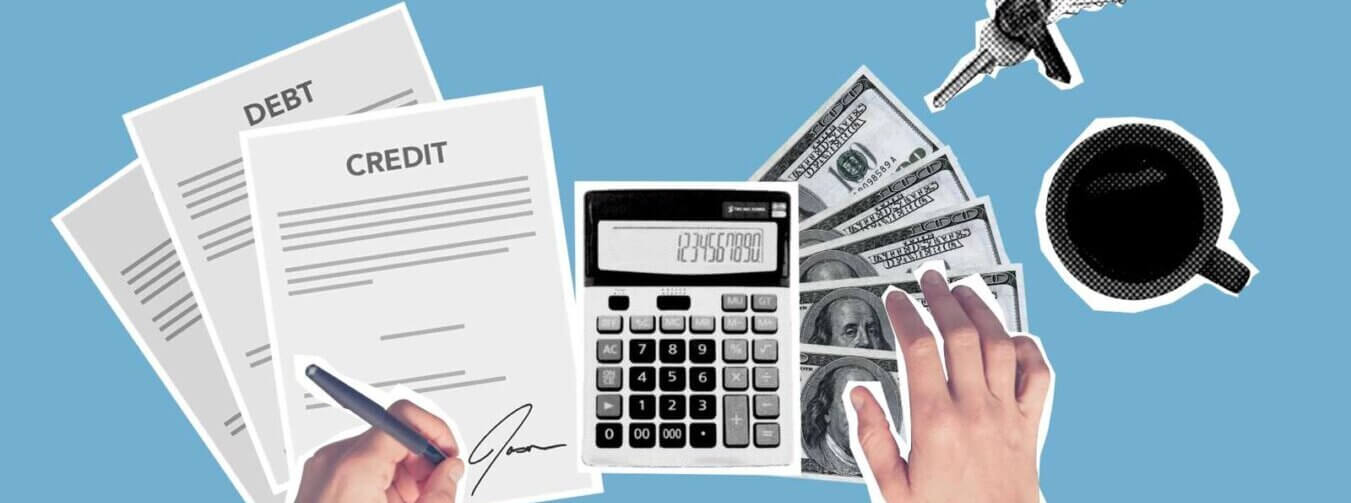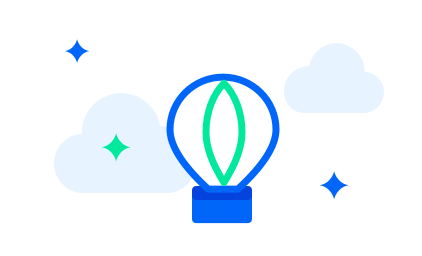Apr 16, 2024
6 min read
Boost Your Business with No-Credit-Check Financing
In the dynamic landscape of business expansion and seizing novel opportunities,...
Read story

An SBA 7(a) loan is a government-backed loan program offered by the U.S. Small Business Administration (SBA) to help small businesses access financing. The SBA guarantees a portion of the loan, reducing the risk for lenders and making it easier for small businesses to qualify.
Eligible applicants for an SBA 7(a) loan include for-profit small businesses operating in the United States or its territories, with a demonstrated need for financing, a sound business purpose, and the ability to repay the loan.
SBA 7(a) loan proceeds can be used for various purposes, including working capital, equipment purchases, real estate acquisition, business expansion, debt refinancing, and more.
Key benefits of obtaining an SBA 7(a) loan include competitive interest rates, longer repayment terms, lower down payment requirements, and the ability to qualify with a smaller or newer business.
Interest rates for SBA 7(a) loans are typically based on the prime rate plus a markup, which depends on the loan amount and repayment term. Fees may include a guarantee fee, servicing fees, and other closing costs.
The maximum loan amount for an SBA 7(a) loan is $5 million.
The maximum repayment term for an SBA 7(a) loan is typically up to 10 years for working capital and equipment, and up to 25 years for real estate.
The SBA guarantee means that the SBA agrees to repay a percentage of the loan (typically between 75% and 85%) to the lender if the borrower defaults. This reduces the risk for lenders and encourages them to lend to small businesses.
To apply for an SBA 7(a) loan, you’ll need to find an SBA-approved lender and submit a loan application along with the necessary documentation. Apply for SBA 7(a) loan with SBG Funding in only 3 steps!
Documentation required for an SBA 7(a) loan application may include financial statements, tax returns, a business plan, personal financial statements, collateral documentation, and other relevant documents.
Startups can qualify for an SBA 7(a) loan, but they may face additional scrutiny and may need to provide a more detailed business plan or additional collateral.
The approval process for an SBA 7(a) loan varies depending on the lender and borrower’s situation but can take anywhere from a few weeks to several months.
Yes, you can refinance existing business debt with an SBA 7(a) loan, as long as the new loan provides a substantial benefit, such as a lower interest rate or longer repayment term.
Collateral requirements for an SBA 7(a) loan vary by lender and loan amount. While not all loans require collateral, borrowers with insufficient collateral may be asked to provide additional personal or business assets as security.
Non-U.S. citizens can apply for an SBA 7(a) loan if they meet certain eligibility criteria, such as holding a valid Green Card or having a legally established business in the United States.
There is no specific credit score requirement for an SBA 7(a) loan, but borrowers generally need to have a good FICO Score and demonstrate their ability to repay the loan.
The SBA 7(a) loan program differs from other SBA loan programs, such as the 504 Loan Program or microloan program, in terms of maximum loan amounts, eligible uses of funds, and borrower requirements.
It is possible to have more than one SBA 7(a) loan at a time, as long as the total amount borrowed does not exceed the maximum loan amount and you can demonstrate the ability to repay all loans.
There are no prepayment penalties for SBA 7(a) loans with a maturity of less than 15 years. For loans with a maturity of 15 years or longer, there may be a prepayment penalty during the first three years of the loan.
If you default on an SBA 7(a) loan, the lender will first attempt to liquidate any collateral to recover the outstanding balance. If the collateral does not cover the full amount, the SBA will honor its guarantee and pay the lender the guaranteed portion of the loan.
The SBA may then seek to collect the remaining balance from the borrower or pursue legal action if necessary. Defaulting on an SBA loan may also negatively impact your credit score and future borrowing ability.
While most industries are eligible for an SBA 7(a) loan, there are some restrictions. Ineligible businesses include those involved in lending, gambling, investment or speculation, and illegal activities, among others. The SBA maintains a list of ineligible industries in its Standard Operating Procedures.
Yes, an SBA 7(a) loan can be used to purchase an existing business. In this case, you may need to provide additional documentation, such as the seller’s financial statements, a valuation of the business, and a purchase agreement.
No, nonprofit organizations are not eligible for SBA 7(a) loans, as the program is designed to support for-profit small businesses.
You can find SBA-approved lenders through the SBA’s Lender Match tool, which connects you with participating lenders in your area. You can also contact your local SBA office for assistance in finding a lender.
Yes, you can use an SBA 7(a) loan to finance a franchise, provided the franchise is on the SBA’s Franchise Directory, which lists franchises that meet the SBA’s eligibility criteria.
The SBA Express Loan program is a subset of the 7(a) loan program that offers a faster approval process and smaller loan amounts, up to $350,000. The SBA provides a 50% guarantee on Express loans, and borrowers can often receive a decision within 36 hours.
If your SBA 7(a) loan application is denied, you can request the reason for the denial from the lender and work on addressing any issues. You can also consider applying with a different lender or exploring alternative financing options, such as a small business term loan, microloan, business line of credit, or crowdfunding.
Yes, the SBA offers the Veterans Advantage program, which provides fee reductions and other benefits for eligible veterans and military spouses applying for an SBA 7(a) loan.
Yes, you can use an SBA 7(a) loan to finance a business acquisition, as long as the acquired business meets the SBA’s eligibility criteria, and the combined businesses do not exceed the SBA’s size standards.
While there is no specific minimum down payment requirement for an SBA 7(a) loan, lenders typically expect borrowers to contribute some equity, usually around 10-20% of the total project cost. The exact down payment requirement may vary depending on the loan purpose, borrower’s creditworthiness, and collateral available. It is crucial to be aware of your business’ credit score in order to prepare for the financing process and set realistic expectations regarding the amount of requested loan. If you’re just starting to explore your financing opportunities, your initial step should involve learning how to check your business credit score and determining the alternative financing options for which you may be eligible.

Apr 16, 2024
6 min read
In the dynamic landscape of business expansion and seizing novel opportunities,...
Read story

Apr 16, 2024
5 min read
The journey through the financial realm can be complex for those...
Read story

Mar 05, 2024
5 min read
Starting and growing a business requires immense working capital reserves, and...
Read story

A funding specialist will get back to you soon.
If you can’t hang on then give us a call at (844) 284-2725 or complete your working capital application here.